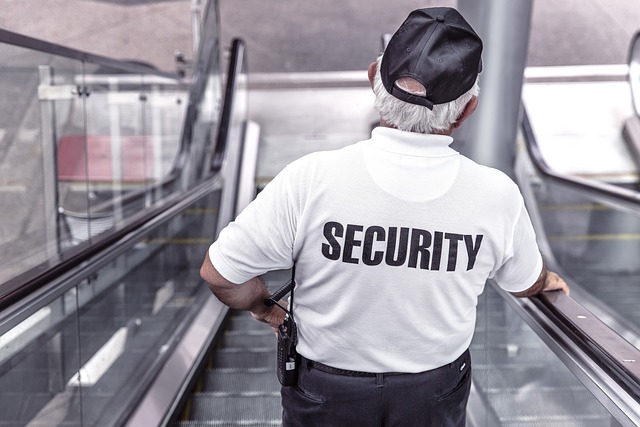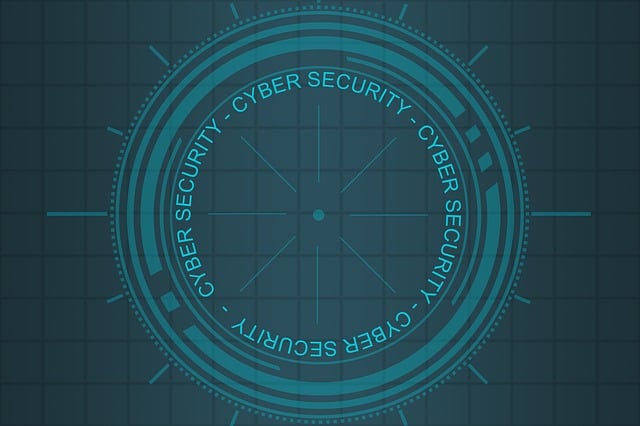Thorough background checks are vital in today's security-focused world to protect sensitive environments. By rigorously screening security guards and officers, verifying education, criminal records, and references, organizations ensure a compliant, trustworthy workforce. Inadequate screening poses risks of theft, ineffective responses, legal issues, and reputational damage. Effective checks include criminal history, education validation, reference checking, employment gap analysis, and drug test verification (where permitted). This multi-faceted approach enhances security industry compliance, promotes safe facilities, and maintains high standards for safety officer credentials. Regular updates on screening results are crucial for mitigating risks associated with unscreened personnel.
In today’s world, comprehensive background checks are not just recommended—they’re essential. Security firms across the globe recognize the vital role these screenings play in ensuring robust premises protection. The impact of inadequate screening is stark, as it can compromise the integrity of entire security teams and put facilities at risk. This article delves into the key components of effective security guard background screening, best practices for verifying safety officer credentials, and how comprehensive checks enhance industry compliance, ultimately bolstering critical security measures.
- Understanding the Vital Role of Background Checks in Security
- The Impact of Inadequate Screening on Security Personnel
- Key Components of Effective Security Guard Background Screening
- Best Practices for Verifying Safety Officer Credentials
- Enhancing Security Industry Compliance through Comprehensive Checks
Understanding the Vital Role of Background Checks in Security

In today’s world, where security is paramount across various sectors, understanding the vital role of background checks in ensuring safety personnel integrity is crucial. Background checks for security personnel, including security guard background screening and safety officer credentials verification, serve as a robust defense mechanism against potential risks. These checks extend beyond mere employment eligibility to include criminal history reviews, educational verifications, and previous employer references, offering a comprehensive view of an applicant’s suitability for sensitive roles in the security industry.
Compliance with security industry standards is essential for premises protection checks. By implementing rigorous background screening processes, organizations can mitigate risks associated with employing individuals who might pose threats to their facilities or workforce. Effective security guard background screening and safety personnel verification not only safeguard properties but also foster a culture of trust and reliability within the security workforce. This ensures that those entrusted with protecting valuable assets and individuals meet the highest standards of integrity and professionalism.
The Impact of Inadequate Screening on Security Personnel

Inadequate background screening for security personnel can have severe repercussions, posing significant risks to both organizations and individuals. Security guards or safety officers with unvetted histories may harbor malicious intent or possess undisclosed qualifications, leading to potential threats on the job. For instance, a guard with a criminal record could use their access to sensitive areas to steal valuable assets or compromise security protocols. Similarly, an unqualified individual might not handle emergency situations effectively, endangering lives and property.
Such lapses in screening can result in compliance issues for the security industry as a whole. Many regions have strict regulations regarding premises protection checks and safety officer credentials. Non-compliance can lead to legal consequences and damage the reputation of both security firms and their employees. Effective background checks, including criminal history verification, education and work experience validation, and reference checking, are essential tools to ensure the integrity and reliability of the security workforce.
Key Components of Effective Security Guard Background Screening

Effective background checking is a cornerstone of successful security guard recruitment and retention strategies. Security firms prioritize thorough verification of security personnel to ensure they meet industry standards and legal requirements, thereby safeguarding sensitive premises and valuable assets. The process involves meticulous screening of applicants’ work history, education, criminal records, and any relevant certifications or licenses. This includes cross-referencing information from multiple sources to validate the accuracy of safety officer credentials.
Beyond basic verification, comprehensive background checks for security personnel should encompass a broader examination of potential risks. This may include checking for previous employment gaps, drug use history (where permitted by law), and verifying references to gain insights into an applicant’s conduct and character. Such thoroughness in screening contributes to building a robust security workforce, enhancing the overall safety and security of facilities and people within them.
Best Practices for Verifying Safety Officer Credentials

When it comes to verifying the credentials of safety officers in the security industry, best practices involve a multi-faceted approach. Background checks for security personnel should encompass a thorough review of employment history, education, and any relevant certifications or licenses. This includes cross-referencing information from multiple sources to ensure accuracy and verify identity. Safety officer credentials should also be validated through direct communication with previous employers or educational institutions to confirm the details provided during the screening process.
Additionally, conducting premises protection checks is crucial for security firms to maintain industry compliance. This involves verifying that officers have successfully completed required training programs and possess current, valid certifications relevant to their roles. Regular updates on background screening results should be kept on file to ensure the security workforce remains reliable and trustworthy. Such screening processes are vital in mitigating risks associated with unscreened or improperly vetted personnel guarding sensitive locations.
Enhancing Security Industry Compliance through Comprehensive Checks

Comprehensive background checks are pivotal in enhancing Security Industry Compliance. By meticulously verifying the credentials and histories of security personnel—including security guards, safety officers, and other workforce members—firms can ensure their premises protection checks are robust. This process goes beyond simple screening to uncover any red flags or discrepancies that might indicate potential risks, thereby fortifying the overall safety and security posture of facilities and operations.
Effective background checking includes verifying employment history, criminal records, education, and certifications. It also involves assessing personal characteristics, mental health evaluations, and substance abuse histories where relevant. These in-depth investigations help identify not only individual qualifications but also potential vulnerabilities or problematic behaviors that could compromise the integrity of security protocols. As such, they remain a cornerstone for maintaining high standards of safety personnel verification within the security industry.
